Japanese historical dramas (called taiga dramas) are in a league of their own. These dramas often take inspiration from actual events in Japanese history but the drama itself will have exaggerated and awe-inspiring scenarios and characters.
Some of the best features of Japanese historical dramas include their elaborately adorned costumes, passionate and immersive acting, and captivating set designs that often reflect the true nature of the historical period in which the drama is set in.
The 10 Best Japanese Historical Dramas (Taiga Dramas)
If you’re interested in watching some of the most popular Japanese historical dramas, have a look at our Top 10 taiga dramas list below.
- Sanadamaru (2016)
- Naotora: The Lady Warlord (2017)
- Nobunaga Concerto (2016)
- Atsuhime (2008)
- Ryomaden (2010)
- Yae no Sakura (2013)
- Taira no Kiyomori (2012)
- Musashi (2003)
- Yoshitsune (2005)
- Shinsengumi (2004)
1. Sanada Maru (2016)
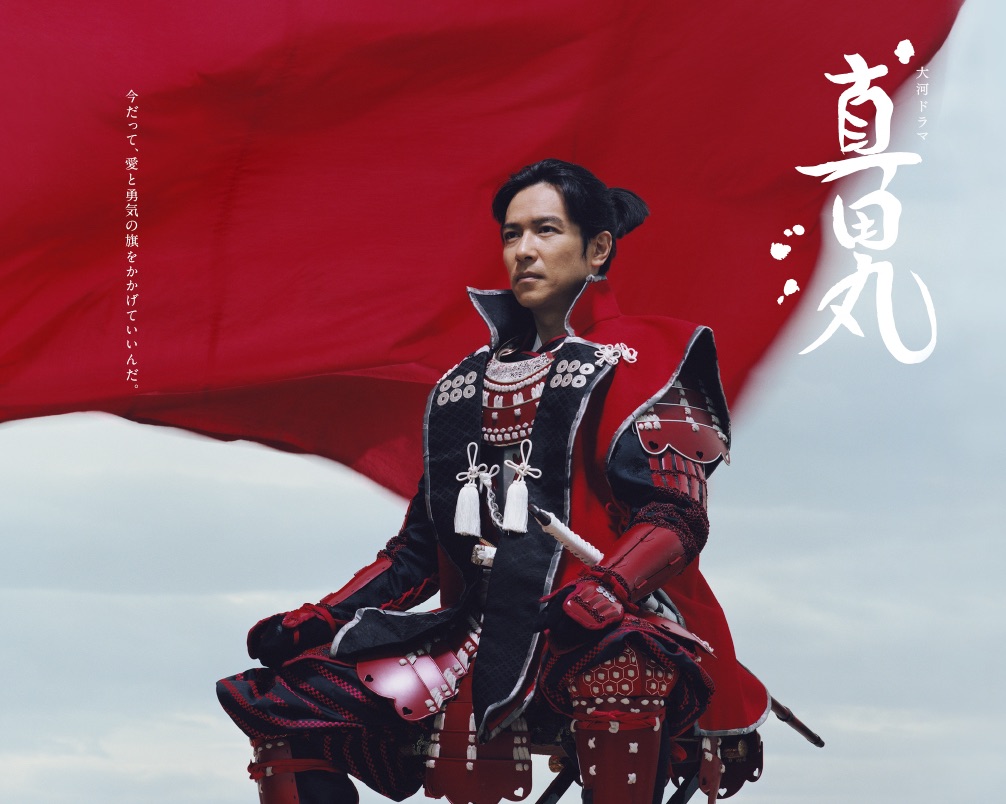
Sanada Maru is a historical Japanese drama that focuses on the Sanada clan during the Sengoku period in Japan. In particular, it focuses on the samurai Sanada Nobushige who played a huge role in defending Osaka Castle during the Seige of Osaka in 1615.
Nobushige was born into a family that owned a piece of land in Shinsu, present-day Nagano Prefecture. He eventually grew up to be a much-respected samurai warrior commander.
Nobushige was faced with the monumental task of defending the invading forces of Tokugawa Ieyasu. He comes up with the brilliant idea to construct a small fortification around the perimeter of Osaka Castle, which becomes the defining line of defense for him and his men.
2. Naotora: The Lady Warlord (2017)
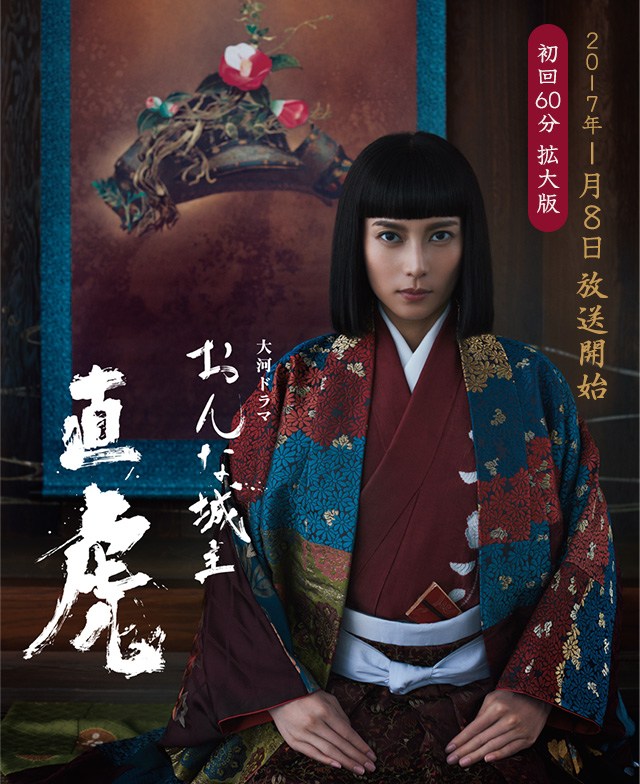
Naotora: The Lady Warlord is set during the Sengoku period of Japan.
The series is based around Naotora Li, the last remaining child of the Li clan. Back then, it was virtually unheard of for a female to be a lord.
However, due to violent past wars and conflicts, there are no more male successors left and thus Naotora stepped up to the plate.
This series follows the trials and tribulations that Naotora must endure as a Lady Warlord.
3. Nobunaga Concerto (2016)
This series follows the adventures of Sanura, a regular high school student who accidentally travels back in time to the Sengoku period. He incidentally meets Oda Nobunaga, a young lord who is the eldest son of the Oda family – who is a spitting image of him.
Oda Nobunaga seizes the chance of this fateful encounter and asks Saburo to take his place whilst he sets out towards his visionary goal of unifying the country.
Before Saburo gets a proper chance to process what was happening around him, he is spotted by a liegeman and brought back to the castle. Saburo is then introduced to the world of a feudal lord – killing people, sacrificing lives, and heavy responsibilities.
This drama sounds like it would be dark and serious, but it is an action-comedy with some hilarious and heart-warming scenes.
4. Atsuhime (2008)
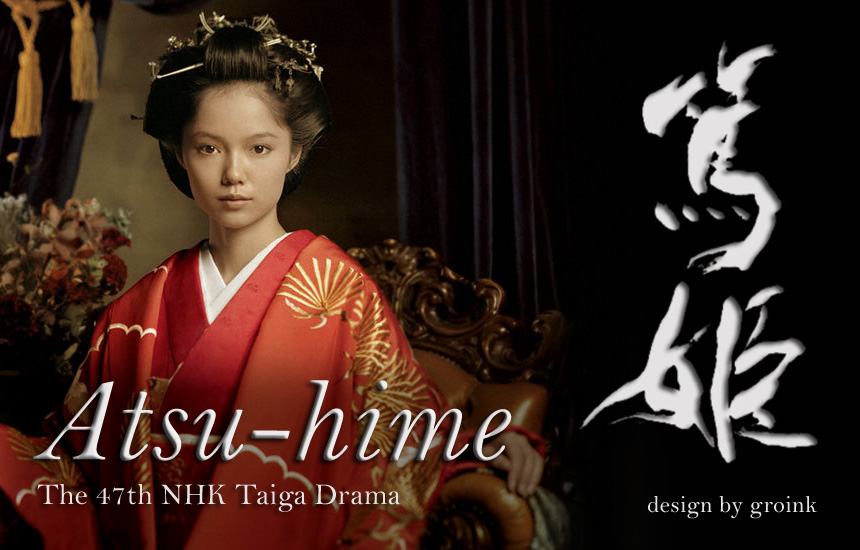
Atsuhime contains one of the most elaborate taiga (Japanese historical drama) plotlines to ever grace Japanese television.
It follows the life of Tensho-in, the wife of Tokugawa Iesada who was the thirteenth shogun of the Ego Shogunate. Initially born with the name Atsuhime, Tensho-in grew up in Kagoshima Prefecture, referred to back then as Satsuma. Throughout her childhood and into her teens, she is depicted as a warm-hearted and curious tomboy.
After she marries Tokugawa Iesada, she ascends to the highest rank in Ooku, an inner palace circle where women of the reigning shogun resided.
Iesada passes away soon after their marriage. From then on, Atsuhime takes the name Tensho-in at the tender age of 23 and asserts herself as a leader of the Tokugawa clan to face the turbulence brought on by the Meiji Restoration.
5. Ryomaden (2010)
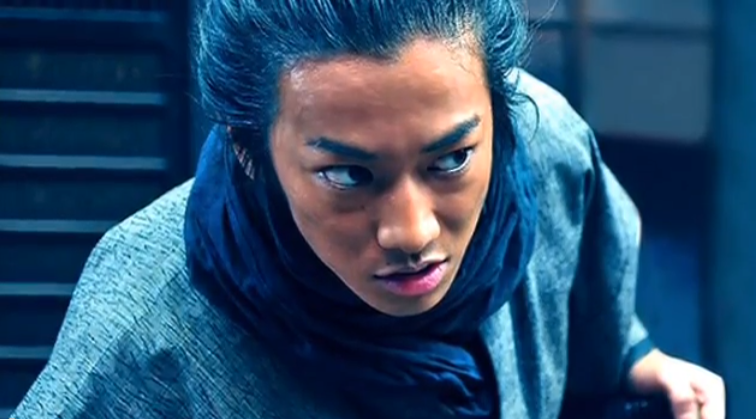
Ryomaden is a multiple-part series that is set back in the Bakumatsu period. It centers around Sakamoto Ryoma, one of the most important figures in Japanese history.
Sakamoto Ryoma was a low-ranking samurai from Shikoku who eventually rose to dominance and actively opposed the Tokugawa Shogunate. He played a crucial role in the eventual overthrow of the Shogunate and the introduction of the Meiji Restoration.
This series focuses on the achievements, hardships, and trials he had to face throughout his life.
6. Yae no Sakura (2013)
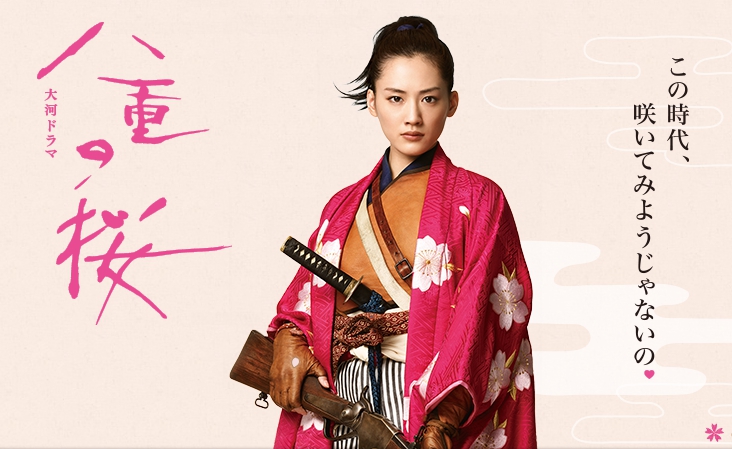
This powerful female-led Japanese drama tells the story of Niijima Yae, also known as Yamamoto Yaeko. She was born into the Yamamoto family in the Aizu, Fukushima Prefecture.
Rather than grow up as a typical female (back in those days, this meant picking up sewing), she shows much more interest in guns and fighting. She eventually becomes skilled enough to help defend the Aizu Domain during the Boshin War, which earns her the nickname of ‘Bakumatsu Joan of Arc’.
After the war, she finds herself in the presence of Jo Nijima, a man who has experienced the western culture and doesn’t find her brash or out of line for speaking her mind and standing up for gender equality. Their love eventually blossoms and they heal and support each other on their journey in life.
7. Taira no Kiyomori (2012)
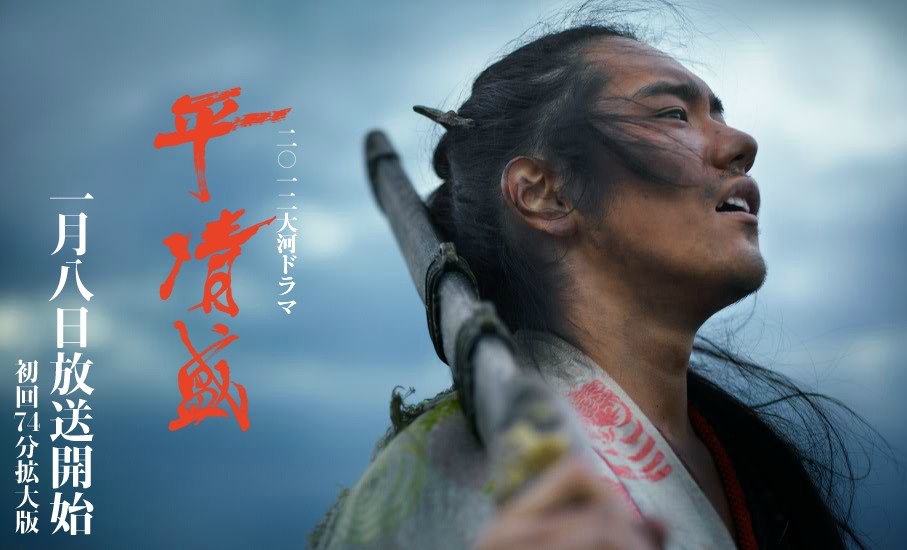
This drama focuses on the life of Taira no Kiyomori, a military general from the Heian period who established the first Samurai-dominant government in the history of Japan.
He was born in 1118 as the first son of the Taira no Tadamori, the head of the Taida clan. After his father’s death, he showed his leadership and ruthlessness early on and assumed complete control.
Some of his main achievements include clearing the sea of pirates in the area of Seto and most famously breaking down the noble system to build up a samurai-dominated government.
8. Musashi (2003)
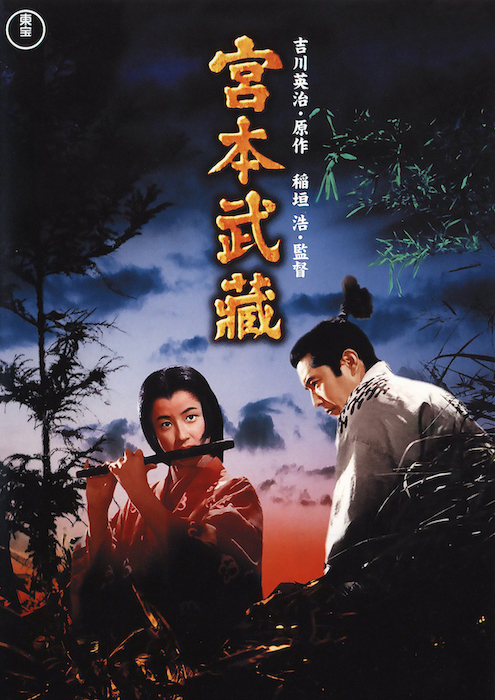
Miyamoto Musashi is the original author of “The Book of Five Rings”, a centuries-old novel on confrontation and victory.
Its original context is meant to be for swordsmen and alike, yet throughout history, and especially since it’s been translated into English, “The Book of Five Rings” has appealed to a much broader audience.
From business executives to practitioners of other martial arts, “The Book of Five Rings” is one of the most recognized novels in the world.
This drama follows the life of Miyamoto Musashi. Orphaned at 10 years old, Musashi grows up as a skilled martial artist. He eventually joins the Battle of Sekigahara, fighting for the losing side of Toyotomi.
He manages to elude the enemy as they hunt for any surviving soldiers and wanders around the countryside for years, mastering his swordsmanship and making a name for himself. Many men seek him out during this time to test their sword skills against him and quickly learn why he has earned such a nickname.
9. Yoshitsune (2005)
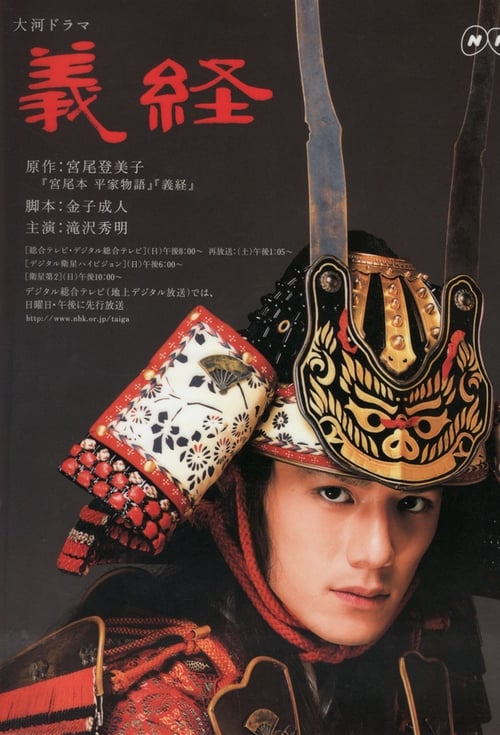
Yoshitsune focuses on the life of Minamoto no Yoshitsune, a late Heian and early Kamakura general of the Minamoto clan of Japan.
He was an excellent battle commander who is known notably for his leadership during the Genji clan’s victory over their rival, the Heike clan.
This eventually led to his brother’s establishment of the first shogunate in the history of Japan. This drama is his story.
10. Shinsengumi (2004)
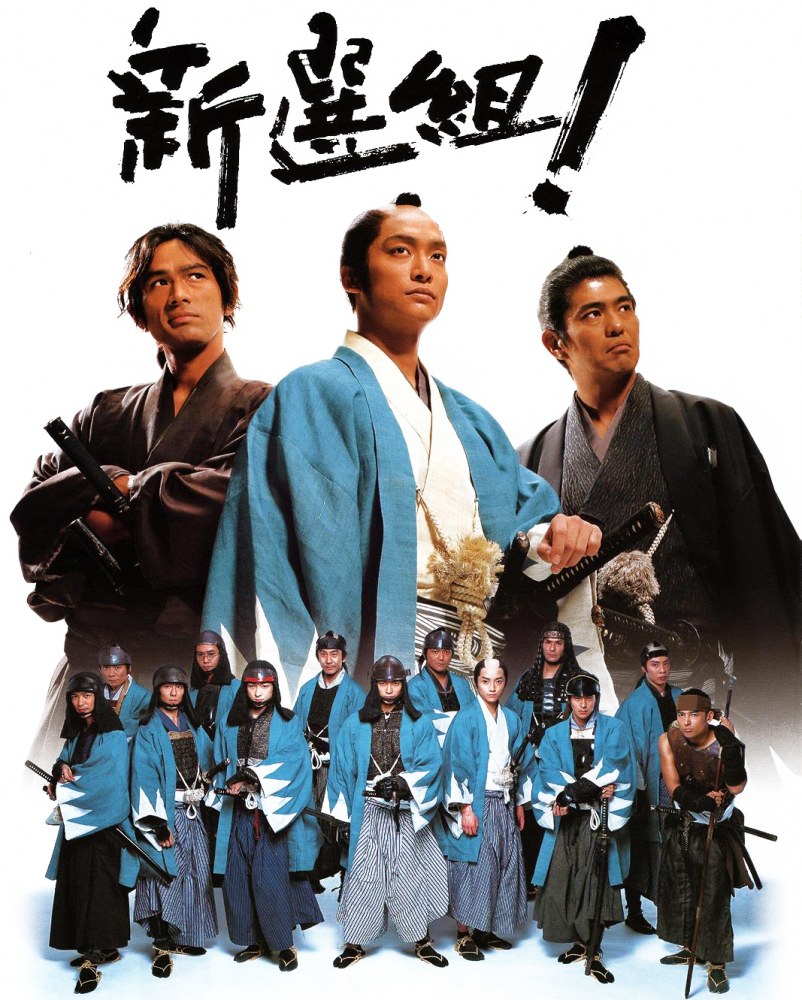
Shinsengumi is a Japanese historical drama that’s based on what could be described as the most tumultuous period during Japanese history.
After 300 years of peaceful isolation from the world, Commodore Perry’s “Black Ships” arrive on the shores of Japan, and the world as the Japanese people knew it changed forever.
Confusion, intrigue, fright, and wonder spread across the land as new things are introduced to the once closed-off country.
Amidst all the change happening, one group perseveres and risks their lives to preserve the traditional shogunate system.
The Shinsengumi are led by the charismatic Kondo Isami. This drama focuses on the hardships, sacrifices, passion, and glory of these men.
—
I hope you enjoyed this list of the 10 best Japanese historical dramas!
As you can see, many of these dramas are based on real-life characters! The Japanese are incredibly proud people, and showing depictions of their past leaders and commanders in action has long been a point of interest.
It may not be an accurate historical recount, but you can bet that many, if not most, major events throughout history have been accounted for throughout these brilliantly filmed and acted Japanese historical dramas.
Which one will you be starting first? Let us know in the comments section below!
For more J-drama inspiration, feel to read our selections of the best Japanese romance dramas and the best Japanese school dramas.




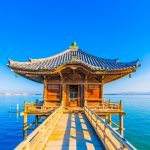
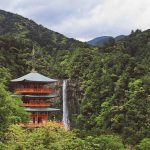
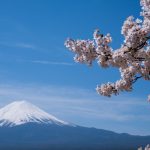


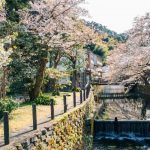

I love Japanese historical dramas! I’m so glad you’ve put together a list of some of the best ones to watch.
Thanks a heap. So how are we supposed to watch them?